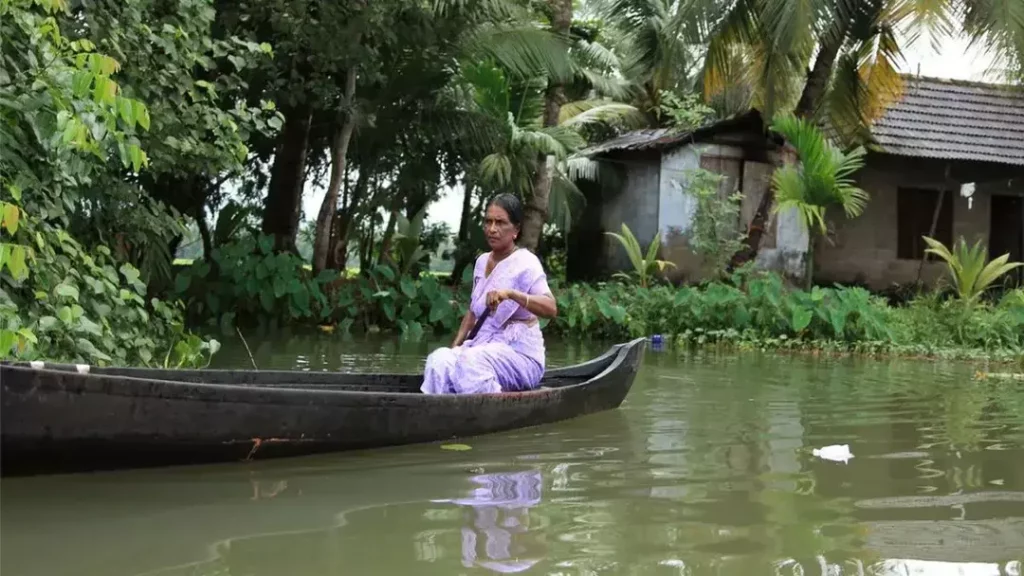
Kerala Bets on Microenterprises, E-commerce for Coastal Women
Kerala, known for its pristine beaches and rich cultural heritage, is taking a bold step to empower its fisherwomen. The state’s Fisheries Department has launched a series of projects aimed at the integrated and sustainable development of women in the coastal belt. The initiatives not only aim to boost the livelihoods of these women but also create hundreds of new self-employment and indirect job opportunities through microenterprises and e-commerce.
The move is part of the state government’s efforts to diversify the economy and reduce its dependence on a single sector. The fisheries sector is a significant contributor to Kerala’s economy, and the government is looking to build on this success by creating new opportunities for the women who are an integral part of this industry.
The projects, which are being implemented in collaboration with various organizations, including the National Bank for Agriculture and Rural Development (NABARD) and the United Nations Development Programme (UNDP), focus on providing training and capacity building to the fisherwomen. The aim is to equip them with the skills they need to take up entrepreneurial ventures and become self-sufficient.
One of the key initiatives is the establishment of microenterprises, which will provide a platform for the fisherwomen to showcase their products and reach a wider market. The microenterprises will be set up in collaboration with local self-help groups (SHGs) and will focus on producing value-added products such as fish-based snacks, sauces, and cosmetics.
The e-commerce component of the project will allow the fisherwomen to sell their products online, which will not only increase their reach but also provide them with a new income stream. The project has partnered with local e-commerce platforms to enable the fisherwomen to sell their products online, which will help them to connect with a wider market.
The project has already shown promising results, with many fisherwomen reporting an increase in their income and a significant improvement in their livelihoods. The project has also created new job opportunities for the fisherwomen, who are now able to employ other women from their community in their microenterprises.
However, despite the promising results, concerns remain about the long-term impact of the project. Some experts have raised concerns about the sustainability of the project, particularly in the face of changing market conditions and the lack of government support.
Another concern is the potential exploitation of the fisherwomen by middlemen and other stakeholders. The project has implemented measures to ensure that the fisherwomen receive a fair price for their products, but some experts have raised concerns that these measures may not be sufficient to protect the interests of the fisherwomen.
Despite these concerns, the project is seen as a positive step towards empowering the fisherwomen of Kerala. The project has the potential to make a significant impact on the lives of these women, and it is hoped that it will serve as a model for other states to follow.
In conclusion, Kerala’s initiative to empower its fisherwomen through microenterprises and e-commerce is a welcome step towards promoting sustainable development in the state. The project has the potential to create new job opportunities and increase the income of the fisherwomen, which will help to reduce poverty and improve their livelihoods.
However, it is important to address the concerns raised about the project’s sustainability and the potential exploitation of the fisherwomen. The government and other stakeholders must work together to ensure that the project is successful and has a lasting impact on the lives of the fisherwomen of Kerala.






